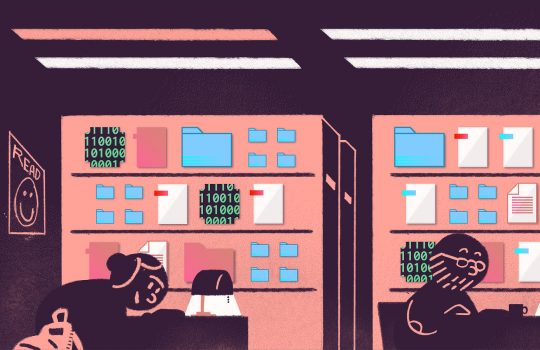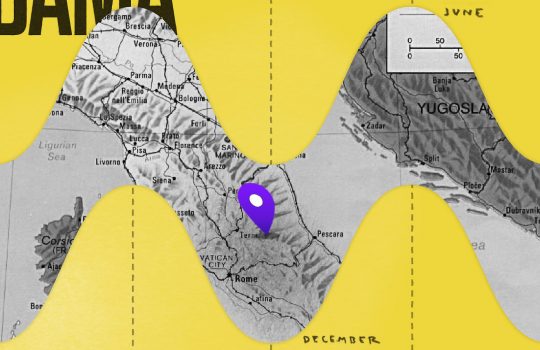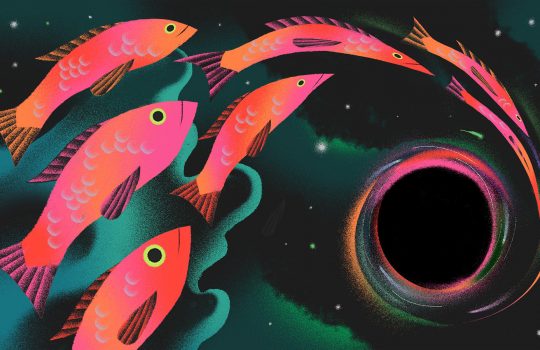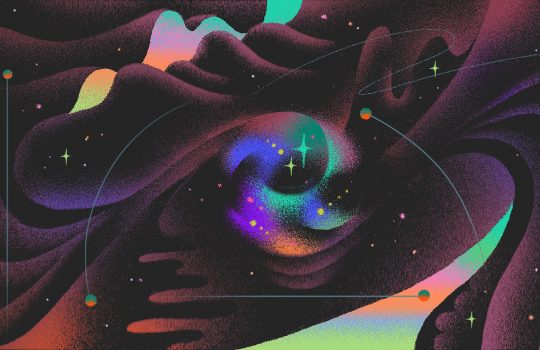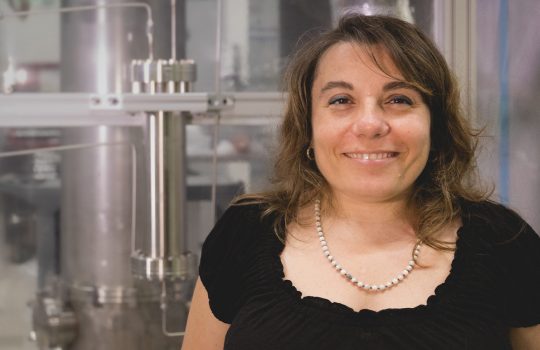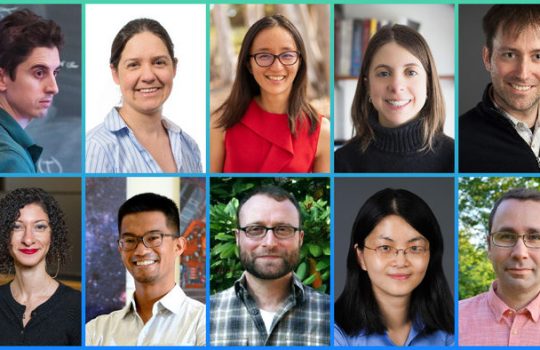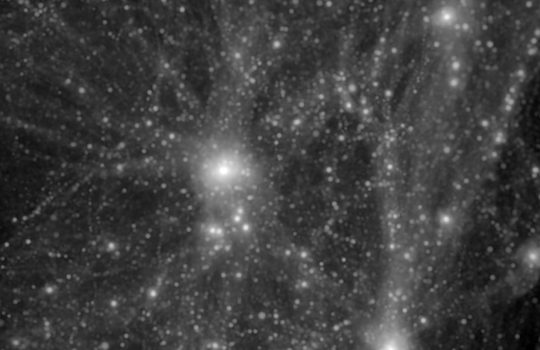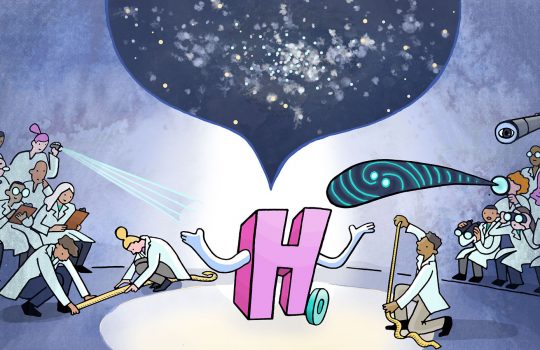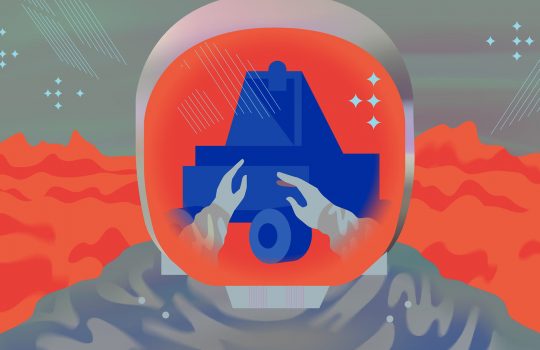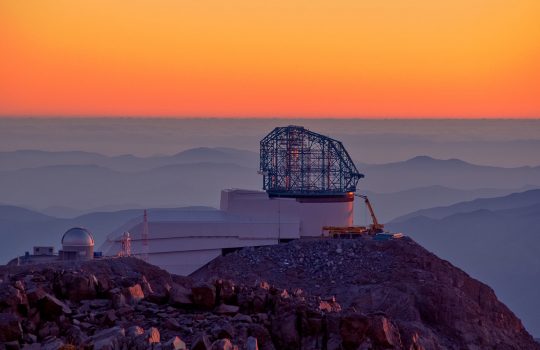With open data, scientists share their work
In science, making data open means making available, free of charge, the observations or other information collected in a scientific study for the purpose of allowing other researchers to examine it for themselves, either to verify it or to conduct new analyses. There are barriers to making scientific data open, but doing so has already contributed to scientific progress.

